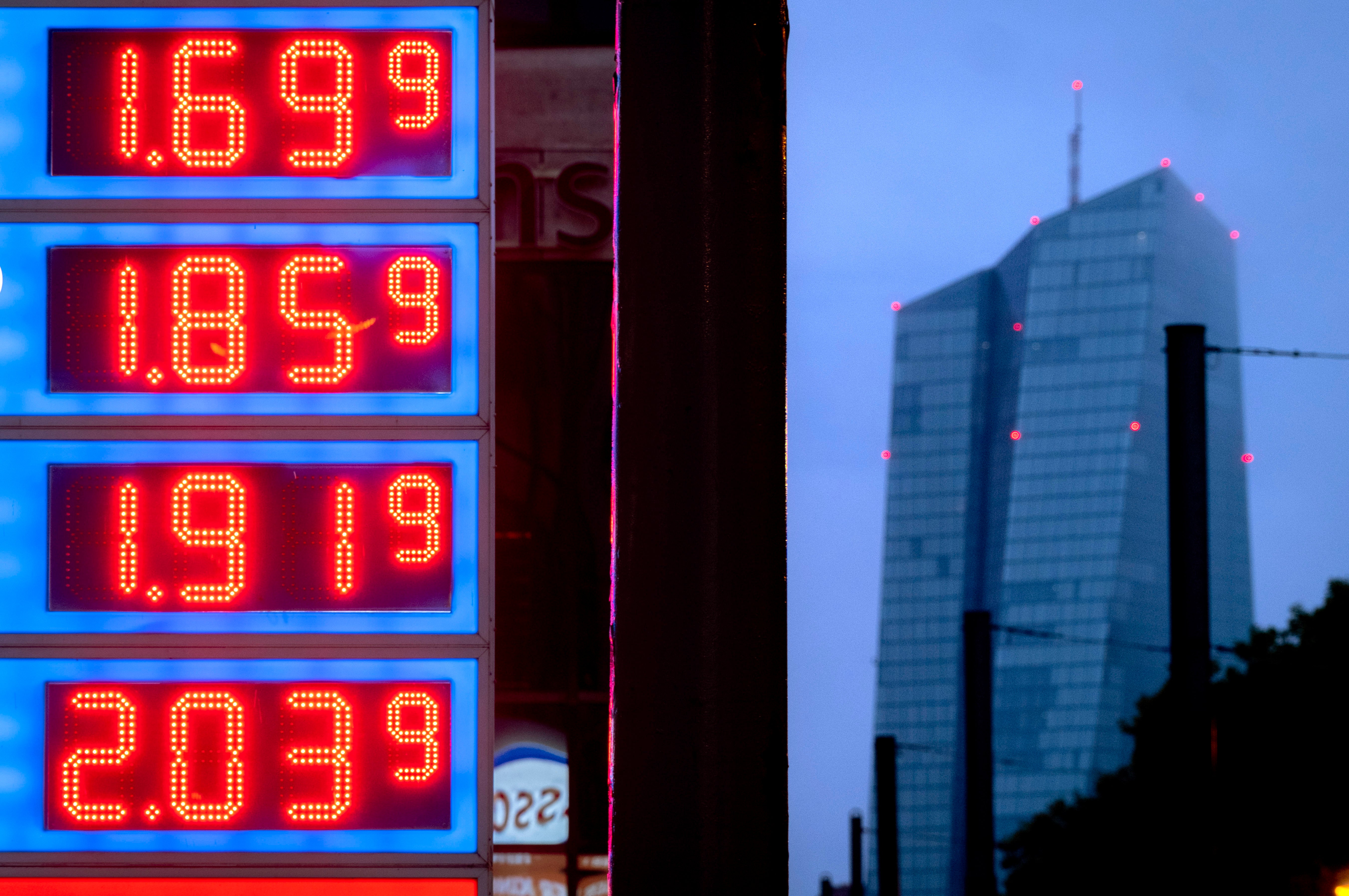International Monetary Fund warns Europe against prematurely declaring victory over inflation
The International Monetary Fund says the European Central Bank and other policymakers across Europe need to keep interest rates at current elevated levels until they’re sure inflation is under control despite sluggish growth

Your support helps us to tell the story
From reproductive rights to climate change to Big Tech, The Independent is on the ground when the story is developing. Whether it's investigating the financials of Elon Musk's pro-Trump PAC or producing our latest documentary, 'The A Word', which shines a light on the American women fighting for reproductive rights, we know how important it is to parse out the facts from the messaging.
At such a critical moment in US history, we need reporters on the ground. Your donation allows us to keep sending journalists to speak to both sides of the story.
The Independent is trusted by Americans across the entire political spectrum. And unlike many other quality news outlets, we choose not to lock Americans out of our reporting and analysis with paywalls. We believe quality journalism should be available to everyone, paid for by those who can afford it.
Your support makes all the difference.The European Central Bank and other policymakers across Europe need to keep interest rates at current elevated levels until they're sure inflation is under control despite sluggish growth, the International Monetary Fund said Wednesday, warning against “premature celebration” as inflation declines from its peak.
The Washington-based IMF said that cost of underestimating inflation's persistence could be painfully high and result in another painful round of rate hikes that could rob the economy of a large chunk of growth.
The European Central Bank and the other central banks that aren't part of the 20-country eurozone “are reaching the peak of their interest rate cycles, while some have started to reduce policy rates,” the IMF said in its twice-yearly regional economic outlook for Europe. “Nonetheless, a prolonged restrictive stance is still necessary to ensure that inflation moves back to target.”
Historically, it takes an average of three years to return inflation to lower levels, while some anti-inflation campaigns have taken even longer, the IMF said. While central banks appear to have ended their series of hikes, a failure to finish the job and the resulting return to rate hikes could cost as much as a full percentage point of annual economic output.
Alfred Kammer, director of the IMF's Europe department, warned against “premature celebration" as he spoke to journalists in connection with the outlook. “It is less costly to be too tight than too loose" with interest-rate policy, Kammer said. The ECB, which halted its rate increases at its Oct. 26 for the first time in over a year, “is in a good spot,” he said.
Inflation in the eurozone peaked at 10.6% in October 2022, and has steadily fallen to 2.9% in October.
The European Central Bank has raised its benchmark deposit rate by fully 4.5 percentage points between July 2022 and September 2023, from minus 0.5% to 4%. Higher rates are the typical tool central banks use to control inflation, since higher rates mean higher borrowing costs for consumer purchases and financing new officials and factory equipment. That reduces demand for goods and eases pressure on prices, but can also hurt growth - a difficult tightrope act for the ECB.
The IMF said Europe was headed for “a soft landing” after the impact of the rate hikes and did not foresee a recession, while growth forecasts remained uncertain and could turn out better or worse than expected.
It forecasts growth of 0.7% for this year for the eurozone and 1.2% next year. If inflation falls faster than expected, it will boost consumer real income and spending and growth might improve. But an escalation of Russia's war against Ukraine and accompanying increased sanctions and disruptions to trade could mean weaker growth.
For now, the monthlong war between Israel and Hamas in Gaza has led to a temporary rise in oil prices but has not disrupted the European economy, Kammer said.